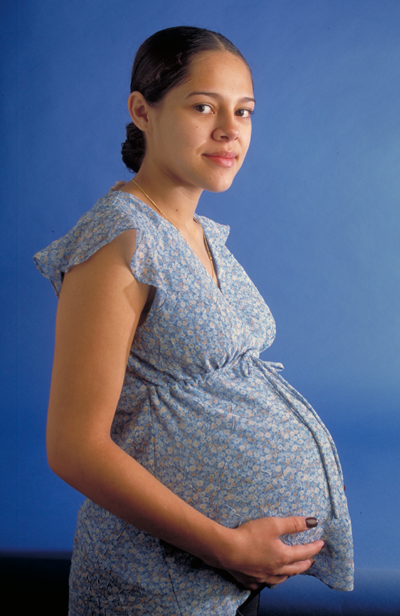How IVF became a licence to print money
By Fay Schopen,
The Guardian
| 06. 18. 2018
I don’t consider myself to be lucky. I have never won the lottery, or even found a fiver in an old coat pocket. But there is one aspect in life where fortune has smiled on me: I am eight months pregnant with my first child – the result of IVF treatment.
Around three-quarters of all IVF cycles fail. And results vary with age. Figures from the Human Fertilisation and Embryology Authority (HFEA) published in March state the average live birthrate for each fresh embryo transferred for women of all ages is 21%; for those aged under 35, it is 29% – the highest it has ever been. For older women, the picture is bleaker: 10% for women aged 40-42, for example.
In 2011, then aged 36, I underwent one cycle of IVF, funded by my local NHS trust, before I was treated for breast cancer. The embryos were frozen and in 2016 I embarked on the next stage: implantation. Funding was unavailable because I was by then over 40 and it was clear to me that IVF funding was unfair...
Related Articles
By Julia Métraux, Mother Jones | 02.10.2026
Why was Jeffrey Epstein obsessed with genes? In the latest tranche of Epstein records and emails made available by the Department of Justice, themes of genes, genetics, and IQ—alongside more explicit threads of white supremacy—keep cropping up, often adjacent to Epstein’s...
By Ava Kofman, The New Yorker | 02.09.2026
1. The Surrogates
In the delicate jargon of the fertility industry, a woman who carries a child for someone else is said to be going on a “journey.” Kayla Elliott began hers in February, 2024, not long after she posted...
By Alex Polyakov, The Conversation | 02.09.2026
Prospective parents are being marketed genetic tests that claim to predict which IVF embryo will grow into the tallest, smartest or healthiest child.
But these tests cannot deliver what they promise. The benefits are likely minimal, while the risks to...
By Leah Romero, SourceNM | 02.06.2026
An historical poster from 1977 created by Rachael Romero for the
Wilfred Owen Brigade in San Francisco, California. (Library of Congress)
Members of the New Mexico Legislature’s House Government, Elections and Indian Affairs Committee advanced a memorial Friday that calls...




